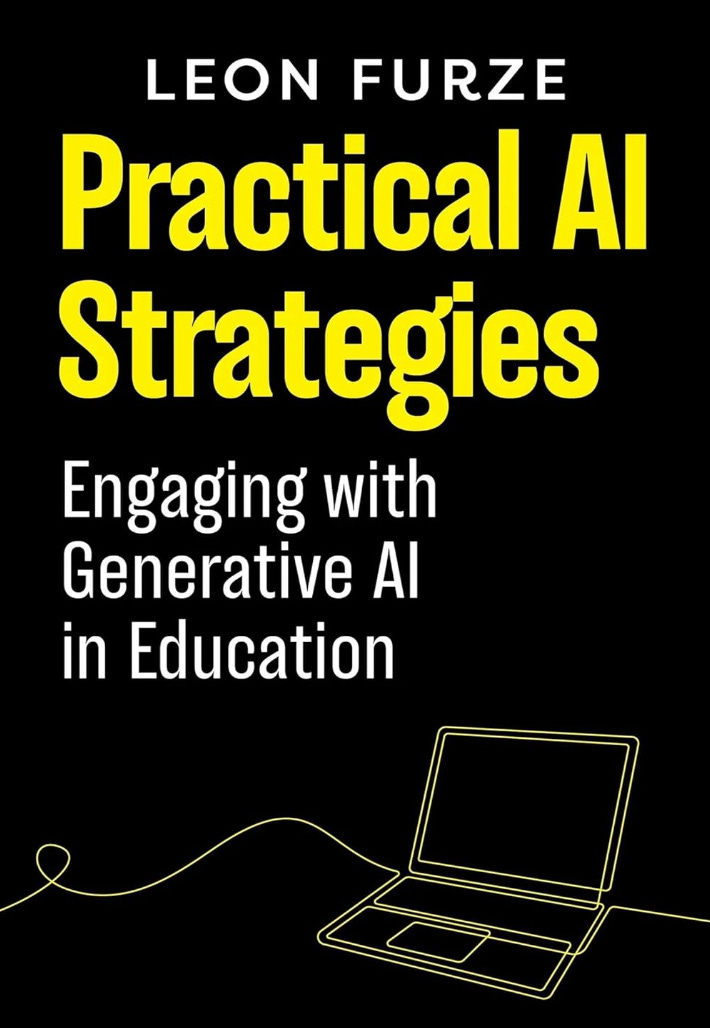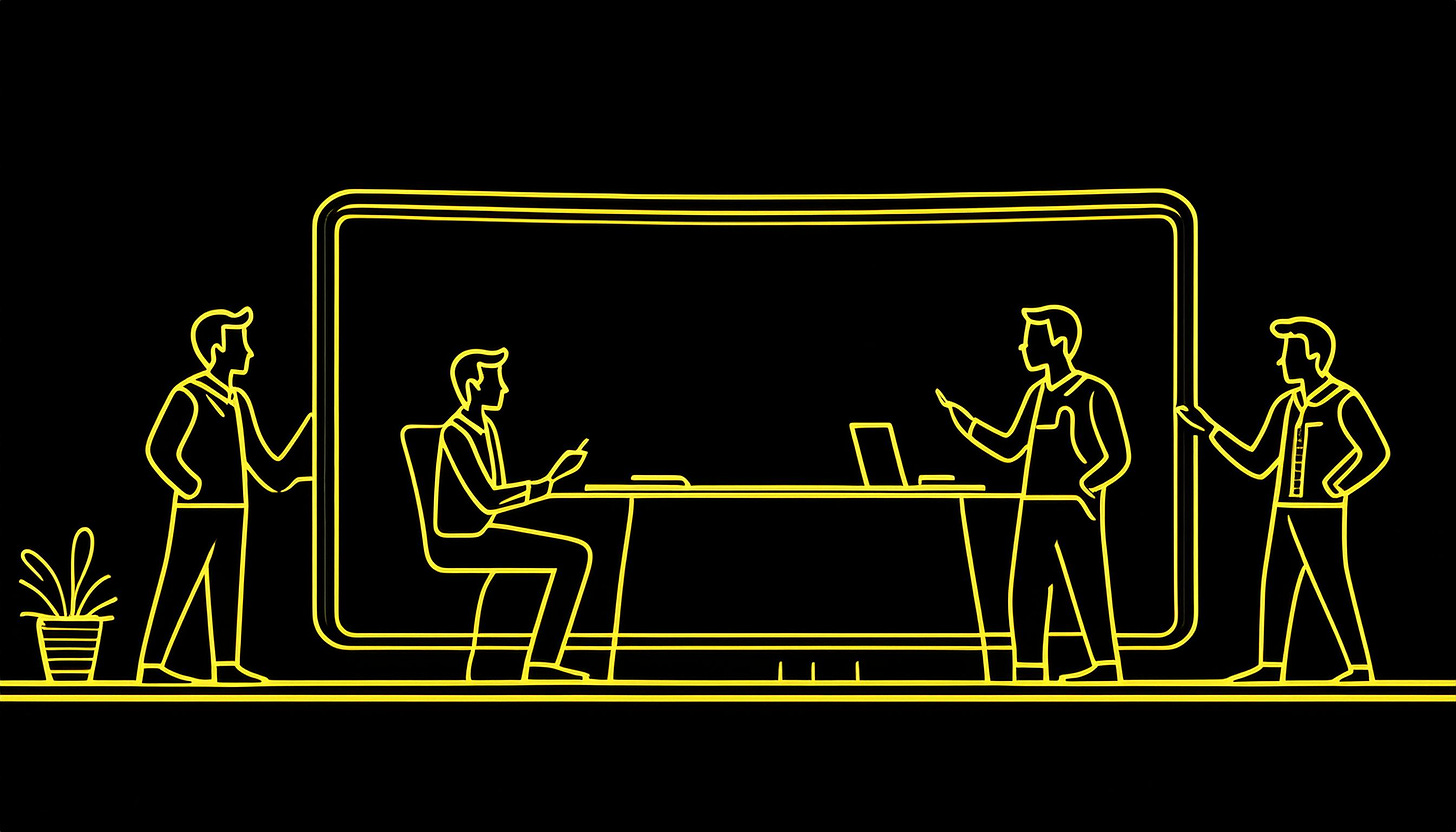Practical AI Strategies, by Leon Furze: "Rethinking Assessment for GenAI"
In Chapter 11 of his new book, Practical AI Strategies, Leon Furze explores alternatives to traditional assessment methods (such as take-home essays or in-class exams) that minimize the risk of AI misuse and provide authentic learning experiences. His suggestions include:
Performance-Based Assessments, which “require students to respond to essential questions and demonstrate skills in a real-world scenario”. Examples include managing a virtual start-up budget, creating a multimedia storytelling project, or analyzing the impact of a recent event in a video essay.
Portfolios and Learning Journals, where students compile a collection of their work over time, showcasing their learning progress and development of skills. Examples include a physics research journal, a psychology observational journal, or a geography field study journal.
Project-Based Learning (PBL), where students engage in extended projects addressing real-world challenges. Examples include creating a literary magazine, or action-taking through research and product design.
Observations, where teachers observe and assess students' skills and knowledge against a checklist as they perform target tasks. This can be integrated with other assessment methods like PBL or performance-based tasks. Examples include observing students solving math problems, conducting science experiments, or coding a game.
Visual Essays, where students curate series of images with accompanying text to develop an argument. Examples include visual essays on historical events, environmental issues, or social problems.
Presentations and Discussions, where students demonstrate their understanding by sharing it with an audience. Examples include giving a “pitch”, or engaging in a Socratic seminar.
Orals, where students meet 1:1 with their teacher, either for a learning conference (reflection and feedback) or for an interview, i.e., structured conversation probing their skills (thinking, communication, etc.)
Interestingly, Furze notes that AI tools can actually help make such assessment methods easier to use. For instance, automatic transcription can simplify note-taking and allow teachers to be more fully engaged in a 1:1 and evaluate it more objectively.
Ungrading. Finally, Furze explores “ungrading”, an approach that deviates from traditional assessment and grading systems by “favouring a more feedback-centric model”. Instead of focusing on grades. “the emphasis shifts towards ptoviding detailed, constructive feedback, encouraging students to reflect on their learning and grow from their experiences.” Ungrading helps alleviate both stress and competition, but is nonetheless rigorous and based on clear expectations.
In that sense, ungrading and the other alternative assessment methods suggested by Furze do not only reduce the risk of AI misuse, but also promote deeper, more authentic learning - thus diminishing students’ motivation to cheat in the first place. Conversely, properly used by teachers and by students, AI technologies can help make the transition to more innovative approaches to assessment also more realistic and more efficient.
To learn more and explore the other topics covered in Practical AI Strategies, you can purchase the book here.
Images created with Adobe Firefly. Summary co-written with generative AI tools.




